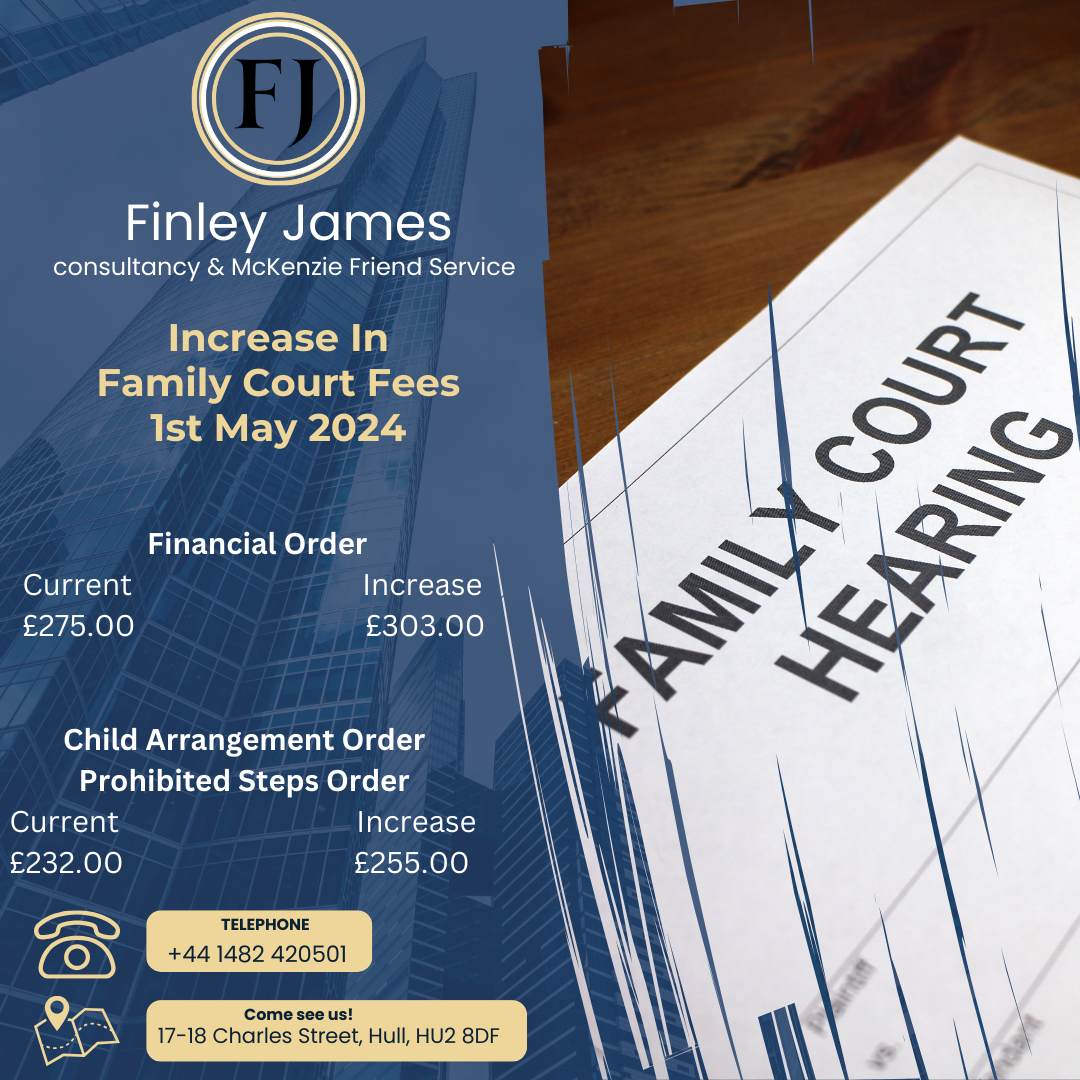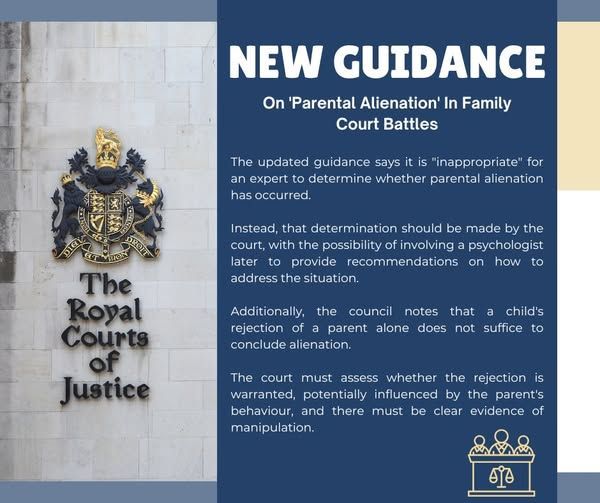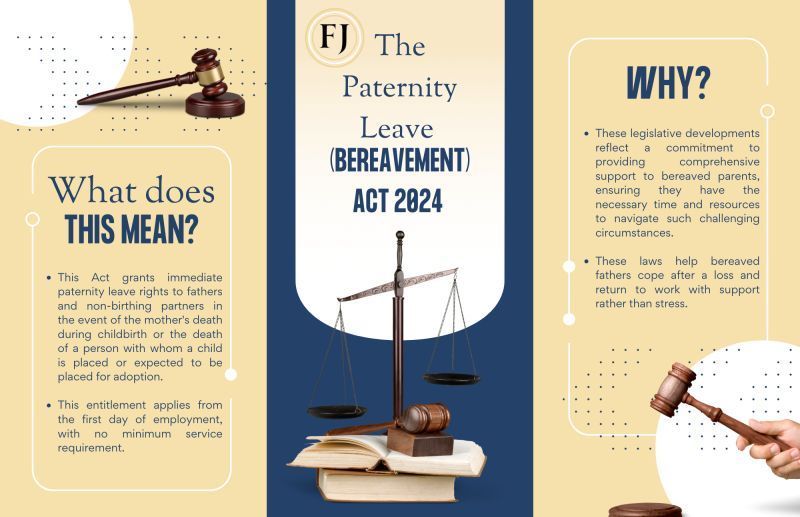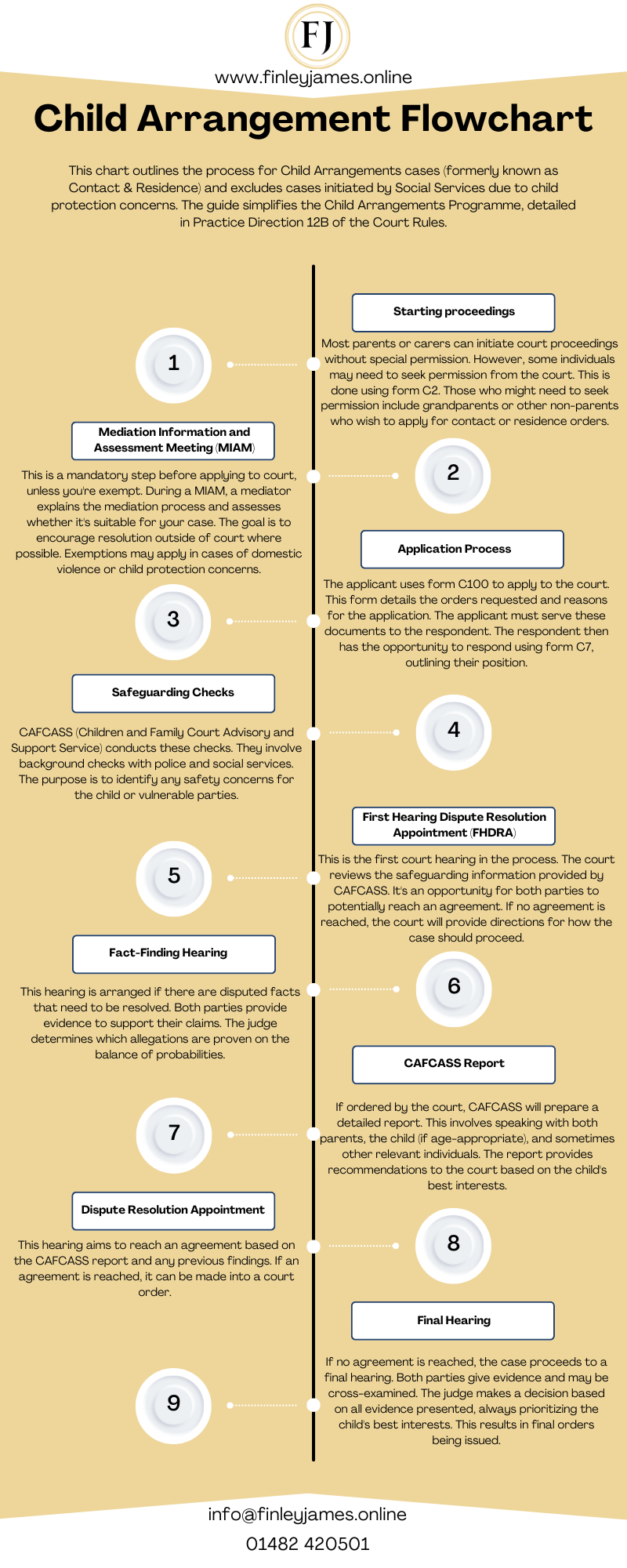Transparency in Family Courts
Transparency in Family Courts: A New Era of Openness and Accountability

Starting from 27 January 2025, family courts across England and Wales will operate under newly expanded transparency rules. This landmark change grants journalists and legal bloggers greater access to report on family court cases, representing a significant step towards enhancing openness and accountability within a system often criticised for its secrecy. The phased implementation of these rules will initially focus on public law cases, such as care proceedings, before extending to private law cases, including those involving separating parents, and finally to magistrates' courts.
A Shift Towards Greater Openness
Historically, family courts in England and Wales have maintained a high degree of confidentiality, primarily to protect the welfare of children and families. While this approach aimed to safeguard vulnerable individuals, it has also drawn criticism for limiting public scrutiny and accountability. Critics have argued that excessive secrecy can obscure potential judicial errors and undermine public trust in the justice system.
Efforts to address these concerns date back to 2008, when the government proposed allowing media access to family court proceedings. Under these proposals, journalists were permitted to report on cases with specific restrictions designed to protect the anonymity of those involved. Justice Secretary Jack Straw, a key advocate of these changes, emphasised the importance of lifting the veil on legal processes to improve both accountability and public confidence.
The new transparency rules go further by empowering journalists to request transparency orders. These orders allow access to critical case details and documents, as well as the opportunity to speak with families involved, provided that their identities remain protected. This development aims to balance the need for public oversight with the privacy rights of those participating in court proceedings.
The Challenge of Balancing Transparency and Privacy
Despite these reforms, challenges persist. One notable example is the recent ban on naming judges involved in the care proceedings for Sara Sharif. Mr Justice Williams imposed this restriction to prevent the judges from becoming targets of public hostility and to ensure fair and balanced reporting. Media organisations have contested this decision, arguing that it undermines the principle of open justice and sets a concerning precedent for transparency.
This incident underscores the delicate balance that the justice system must maintain. On one hand, transparency is essential for promoting public trust, ensuring accountability, and preventing the perception of bias or injustice. On the other hand, the privacy and welfare of children and families remain paramount, necessitating safeguards to protect them from potential harm caused by public exposure.
The Road Ahead for Family Justice Reform
The recent reforms are part of a broader effort to modernise the family justice system and align it with evolving societal expectations. By gradually implementing transparency across different types of cases, the courts aim to learn from each phase and address any unforeseen challenges that arise. This iterative approach reflects the judiciary’s commitment to balancing openness with the protection of vulnerable individuals.
As the new transparency rules take effect, the legal community, media, and public will play crucial roles in shaping how these reforms are applied in practice. Constructive dialogue and responsible reporting will be essential to ensure that the benefits of transparency are realised without compromising the privacy and dignity of those involved in family court proceedings.
In this new era of openness, the family justice system has an opportunity to rebuild public trust by demonstrating its commitment to fairness, accountability, and the welfare of all parties. The journey ahead will not be without its challenges, but with careful implementation and oversight, it has the potential to transform the perception and effectiveness of family justice in England and Wales.
Our Commitment to Justice and Transparency
At Finley James, we fully recognise the significance of these developments in enhancing trust and integrity within the judicial system. Transparency is not merely an administrative reform; it is a cornerstone of justice that ensures the legal process is both accessible and comprehensible to those it serves. We believe that when justice is seen to be done, it fosters confidence in the rule of law and strengthens societal cohesion. By promoting openness, we can mitigate misunderstandings, prevent misinformation, and reassure the public that the system operates fairly and equitably. As advocates for justice and accountability, we are committed to supporting individuals and families navigating these complex processes, ensuring their voices are heard and their rights are safeguarded within this evolving legal landscape.


















